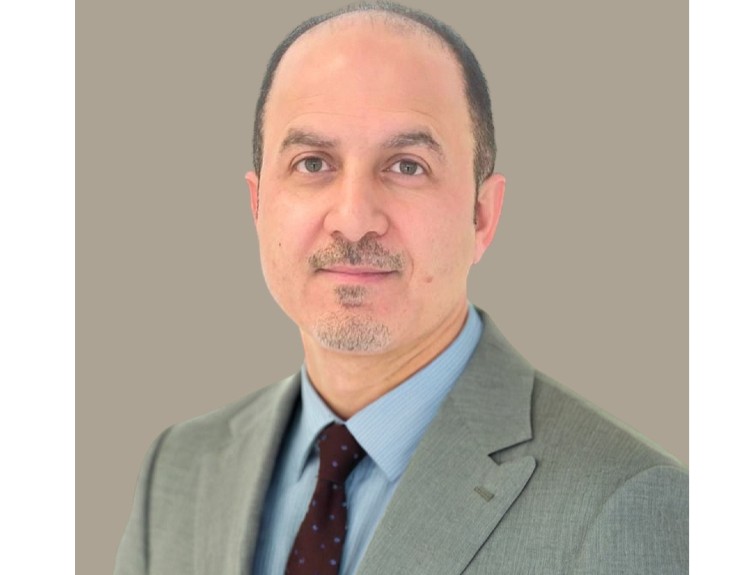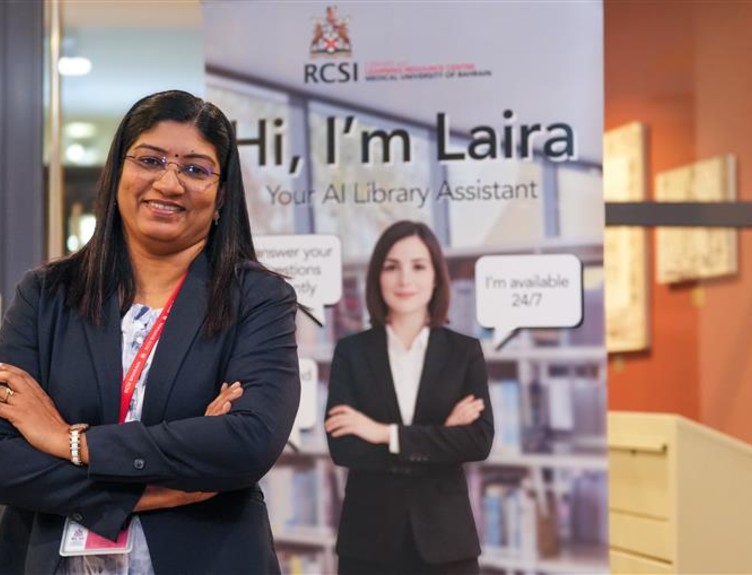Early Detection and Innovation in Screening for Breast Cancer

Breast cancer is the most common cancer among women in Bahrain, representing 44 per cent of all female cancer cases in 2022. While the numbers are significant, advances in early detection, research, and personalised treatment are changing outcomes and saving lives. To mark Breast Cancer Awareness Month, experts from RCSI Medical University of Bahrain share their insights on prevention, innovation and supportive care—highlighting how multidisciplinary collaboration is crucial to enhancing patient outcomes in Bahrain.
Professor Ghufran Jassim, Head of Department and Associate Professor of Family Medicine
Dr Andy Ma, Lecturer in Medical Physics
To promote early detection, the Ministry of Health recommends that women aged 40 and above undergo breast cancer screening every two years, offering free mammogram services to nationals at five health centres across Bahrain.
Mammogram films from these centres are sent to a centralised screening office, where a specialist radiologist reviews them daily. Any suspicious findings are promptly referred to the Breast Assessment Clinic based at Salmaniya Medical Complex for further evaluation, which may include ultrasound imaging, fine-needle aspiration cytology (FNAC), or additional diagnostic tests. Confirmed positive cases are then managed by a dedicated surgical team to ensure timely and effective treatment.
In addition to these national initiatives, Bahrain is embracing innovation through the integration of artificial intelligence (AI) in medical imaging. Globally, AI tools in radiology have demonstrated diagnostic accuracy, while helping to reduce clinical workload.
Professor Jassim highlighted that researchers at RCSI Bahrain are exploring the potential application of AI in local screening programmes. Their ongoing study assesses the use of AI as a second reader in secondary care at the Royal Medical Services (RMS) and as a triage tool in primary health centres. The team is also leading a forthcoming systematic review which highlights how AI systems can achieve non-inferior, and in some cases superior, diagnostic accuracy compared to radiologists, streamlining workflows and improving efficiency.
Expanding on this work, Dr Andy Ma is leading efforts to apply Dynamic Contrast-Enhanced Magnetic Resonance Imaging (DCE-MRI) — an advanced imaging technique that provides highly detailed, three-dimensional views of breast tissue.

In collaboration with Think Pink Bahrain, the RCSI Bahrain team is developing a Convolutional Neural Networks (CNN) model specifically designed to detect and classify breast cancers in DCE-MRI scans as cancerous and non-cancerous. They are also exploring other deep learning structures such as U-Net and its 3D versions, which are particularly effective for highlighting and outlining tumour areas while preserving fine details. These innovations aim to improve diagnostic speed, reduce radiologist workload and ultimately enhance early detection rates — leading to better outcomes for women across Bahrain.
Click here to read the research paper 'The Spectrum of Genetic Mutations Among Patients with Hereditary Breast and Ovarian Cancer'



